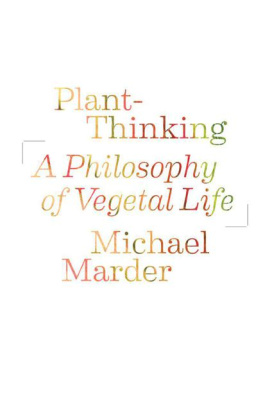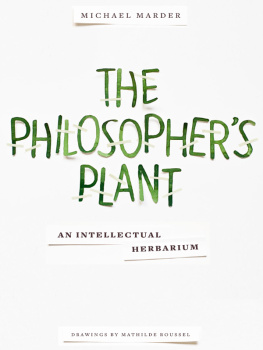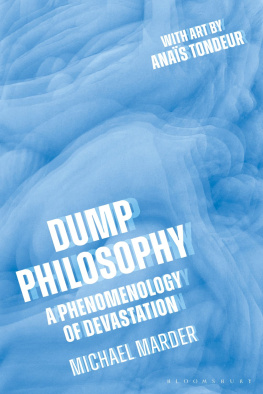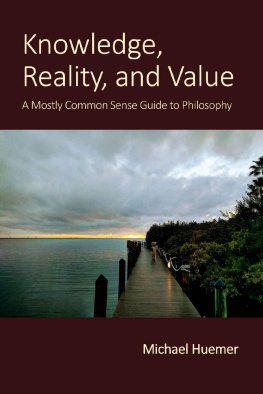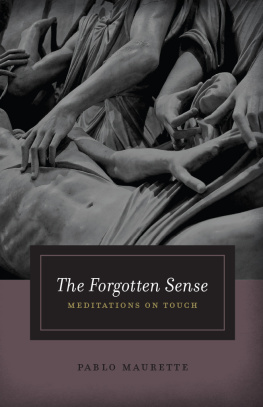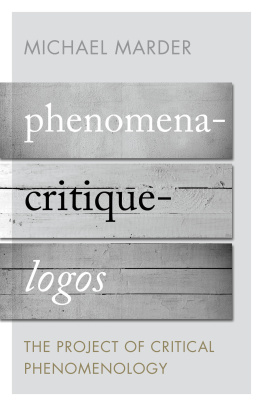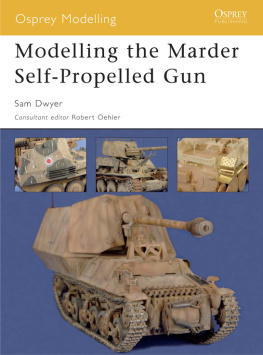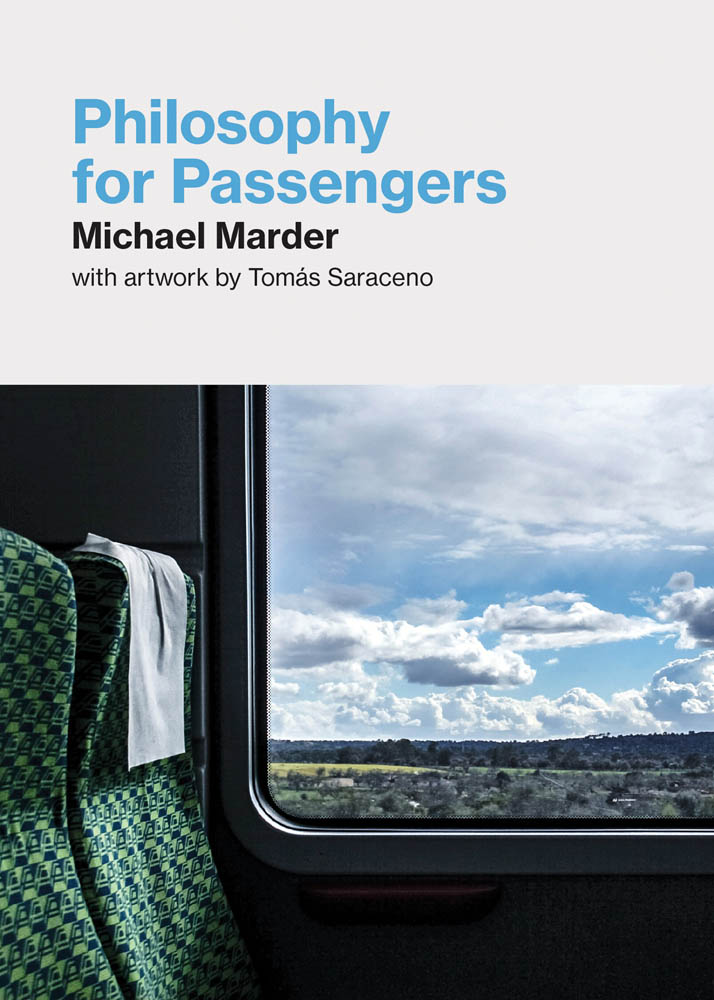
Philosophy for Passengers
Philosophy for Passengers
Michael Marder
artwork by Toms Saraceno
The MIT Press
Cambridge, Massachusetts
London, England
2022 Massachusetts Institute of Technology
All rights reserved. No part of this book may be reproduced in any form by any electronic or mechanical means (including photocopying, recording, or information storage and retrieval) without permission in writing from the publisher.
The MIT Press would like to thank the anonymous peer reviewers who provided comments on drafts of this book. The generous work of academic experts is essential for establishing the authority and quality of our publications. We acknowledge with gratitude the contributions of these otherwise uncredited readers.
Library of Congress Cataloging-in-Publication Data
Names: Marder, Michael, 1980- author. | Saraceno, Toms, 1973 illustrator.
Title: Philosophy for passengers / Michael Marder ; artwork by Toms Saraceno.
Description: Cambridge, Massachusetts : The MIT Press, [2022] | Includes bibliographical references.
Identifiers: LCCN 2021031219 | ISBN 9780262543712 (paperback)
Subjects: LCSH: Air travelPhilosophy. | Air travelSocial aspects. | Aeronautics, CommercialPassenger trafficSocial aspects.
Classification: LCC HE9787 .M373 2022 | DDC 387.7/42dc23
LC record available at https://lccn.loc.gov/2021031219
d_r0
publication supported by a grant from
The Community Foundation for Greater New Haven
as part of the Urban Haven Project
For my mother, the perennial passenger
Contents

Judging by the extensive sections dedicated to it in bookstores, by the array of available magazines and myriads of blogs, travel is a topic in high demand. We have a nearly unquenchable thirst for travel: every destination seduces and whispers in our ears the names of others, yet unvisited and more exotic still. We feel that our lives will be incomplete unless we take a selfie in that picture-perfect spot and, after posting it on our social media accounts and putting a fresh check mark in our bucket list, move on to another line in the list, another place, a new adventure. Philosophers have caught wind of this facet of human desire. Alain de Bottons The Art of Travel, Daniel Kleins Travels with Epicurus, and Emily Thomass The Meaning of Travel are just some recent titles in the budding field of philosophy of travel.
By comparison, written materials on passengers have been limited to dry technical safety manuals, sets of rules, or rights-and-obligations guidelines. Becoming a passenger is, at best, the boring bit we must do in order to travel to an exciting location beckoning us from the glossy pages of magazines and sleek entries in blogs. But what if we had at our disposal a sort of philosophical passenger handbook? Are we not frequently also passengers before, while, and after we are travelers? Does the meaning of travel not presuppose the meaning of being a passenger, or, in a word, passengerhood?
The dearth of reflections on passengerhood is a poor excuse for keeping it sidelined with a brief riposte that the matter is too trivial for the lofty activity of thinking. Assuming that the job of philosophy is to conduct an inquiry into being as such and as a whole, Or on passengers.
Are we not frequently also passengers before, while, and after we are travelers?
What follows is not an allegory, not an intricate symbolic representation of deeper underlying issues through a specific, if a little extravagant in its commonality, extended example. Such an approach would transform the flesh-and-blood figures of passengers (that is, you and me) into philosophical figureheads. So, how can we avoid playing a symbolic game here? In at least two ways. (1) We will look into the minutiae of passenger experience, with a welter of its emotional and practical, temporal and spatial, social and economic attributes. (2) We will analyze this experience as the condensation and the distillation of our experience as such and as a whole. A red thread running through our philosophical probing of the everyday will be the hunch that, in the twenty-first century, the experience of passengers is experience itself, well beyond the sphere of public and semipublic means of transport. That is what I have signed up for in writing this book and what you are signing up for in starting to read it. That is our ticket for the upcoming trip.

An axiom of our mental optics: things come into sharper focus once we take a step back and stand at a distance from them. This axiom holds true for the experience of being a passenger, as well.
Whatever your reason for riding in a horse-drawn carriage, an auto rickshaw, or a bullock cart; for taking a bus or a streetcar, a taxi, or an Uber; for boarding a train, a plane, or a boatusing these and other means of transport makes you a passenger. To the minds of billions around the world, the experience is too routine to notice. Barely an issue, it borders on a nonexperience, something we live through without so much as taking cognizance of it, going through the motions unconsciously, on autopilot.
All this swiftly changed in the aftermath of the COVID-19 pandemic. With multiple restrictions, lockdowns, and quarantines, human mobility was undercut virtually overnight. Travel ground to a halt, was reduced, or dramatically restyled. Some passengers faced countless difficulties and impossibilities of passageat the extreme, the quite unremarkable passage that crossing the threshold of the room, the apartment, or the house where one lives entails. Others, without the luxury of telework, had no choice but to board overcrowded public means of transport, apprehensive that their passengerhood could make them sick, putting their lives at risk.
That said, a drastic and unexpected reduction of human mobility during the pandemic had profound effects. (A hint: these had nothing to do with the temporary improvements in air and water quality as a result of decreases in the volumes of transport and industrial activities.) Staying put, remaining in place without the chance to move elsewhere, simply abiding, albeit nervously and impatiently, gave us a different perspective not only on travel but also on the passages that make up our day-to-day life, on the temporarily inaccessible experience of being a passenger, and on ourselves. And, in tandem with the practical problems that have suddenly cropped up, passengerhood flashed, at least in my mind, as a theoretical concern.
Beyond worries with and hindrances to human mobility, a hiatus in our passenger activities involves an overhaul that is more world-shattering than the temporary inability to take subway to work or fly to the Caribbean for a vacation would lead us to believe. In the instant when we are abruptly denied the possibilities we have tended to take for granted, a hidden infrastructure of our thinking and existence is revealed, somewhat like the seabed exposed by a receding tide. It turns out, then, that what I am calling passengerhood is an organizing principle behind our sense of time and space, not to mention our sense of sense, the paradigm of meaning in perpetual motion and of rapidly shifting sensory fields. I invite you to explore this existential seabed together with me, to take your seat, catch a ride, and become a passenger in this book on the philosophy of (and for) passengers.
Next page

